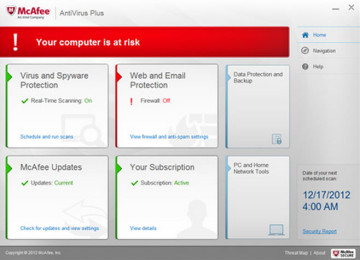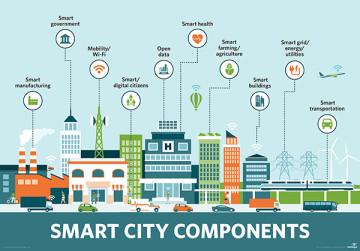 Recently liberated from the clutches of Intel, McAfee has announced it expects a bit more from its top-tier partners.
Recently liberated from the clutches of Intel, McAfee has announced it expects a bit more from its top-tier partners.
Global channel VP Richard Steranka has warned that McAfee’s top-tier partners will have to meet service-certification requirements by the end of the year or be demoted.
Speaking at McAfee’s MPower Cybersecurity Summit in Amsterdam, Steranka said that McAfee is implementing the new training criteria to reward partners that have invested in the firm.
The big idea is to reward VARs who are building their business around McAfee’s software, rather than solely rewarding transactional partners who hold “more than 300” security vendors in their portfolio.
“At the beginning of 2017, it was a new requirement of being a Platinum partner to have two service delivery specialists in at least three of our product areas: end-point, infrastructure, data, or security operations. There was no incentive [previously], so we created one.”
Partners have until 31 December to obtain the necessary certifications, when their place in McAfee’s partner programme will be evaluated.
The vendor has 250 Platinum partners globally, and Steranka expects this to decrease as some current Platinum partners cannot meet the new criteria.
New certifications have been added to the programme; partners are still given rebates depending on how they perform against set quarterly revenue targets.
Partners hitting 80 to 100 percent of their sales target get a two percent rebate, those achieving 100 percent to 150 percent make four percent, while those exceeding 150 percent of sales can earn an eight percent quarterly rebate.



















